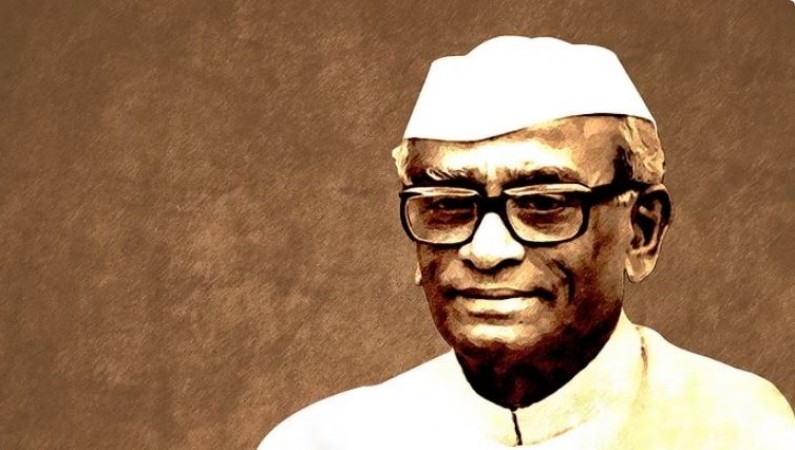
The sixth President of India, Neelam Sanjiva Reddy, was born on May 19, 1913, in the Anantapur region of Andhra Pradesh. After completing his education in Adayar, Reddy attended the Government Arts College in Anantapur to further his studies. After visiting Anantapur in July 1929, Mahatma Gandhi decided to join the fight for freedom. During the Quit India Movement, Neelam Sanjiva Reddy was detained and spent a lot of time behind bars between 1940 and 1945. Since he was a young adult, Reddy has been interested in Indian politics. As a member of the Congress party, he actively took part in various Youth Congress activities. At a young age, he was appointed Secretary of the Andhra Provincial Congress Committee (APCC) in 1937.
Here are some key details about Neelam Sanjiva Reddy: Neelam Sanjiva Reddy hailed from a middle-class agricultural family. He completed his primary education in his village and later pursued his higher studies at the Madras Christian College. Reddy actively participated in social and political activities during his college days.
Political Career: Reddy started his political career in the 1930s by joining the Indian National Congress (INC). He actively participated in the Indian independence movement, fighting against British colonial rule. After India gained independence in 1947, Reddy held various important positions in the Andhra Pradesh government, including the posts of Chief Minister and Speaker of the Legislative Assembly.
President of India: Neelam Sanjiva Reddy became the youngest Chief Minister of Andhra Pradesh at the age of 29. Later, in 1962, he was elected as a Member of Parliament (MP) and served as the Speaker of the Lok Sabha (lower house of Parliament) from 1967 to 1969. In 1977, he became the President of India after winning the presidential election. He was the first person to be elected unopposed as the President of India.
Contributions and Legacy: During his presidency, Reddy worked towards upholding the constitutional values and maintaining the dignity of the office. He advocated for the separation of powers and the independence of the judiciary. He also emphasized the importance of maintaining harmony among diverse communities in India.
Later Life: After his term as President, Neelam Sanjiva Reddy retired from active politics. He continued to be associated with several social and educational organizations. He was known for his simplicity, integrity, and dedication to public service.
Honors and Recognition: Neelam Sanjiva Reddy was awarded the Bharat Ratna, India's highest civilian award, in 1991, posthumously in recognition of his significant contributions to the nation.
Neelam Sanjiva Reddy played a crucial role in shaping Indian politics and democracy. His commitment to public service and his contributions to the nation are remembered and respected by many even today.
Neelam Sanjiva Reddy, the sixth President of India, passed away on June 1, 1996.
Remembering Reema Lagoo: Honoring the Legacy of Talented Actress on Her Death Anniversary, May 18